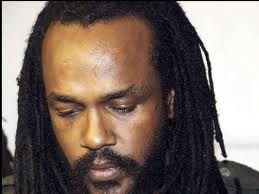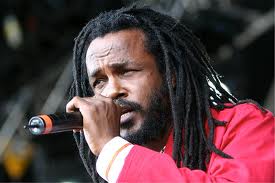In lieu of his own band, Tosh will for the six-date tour be backed by one of New Zealand’s own premier reggae groups, David Grace & Injustice.
But he will continue to keep the focus of paying tribute to his legendary father and, he says, there’s a special reason for that. Not only does this year mark the 50th anniversary of his home of Jamaica’s foundation as an independent nation, it is also half a century since the birth of The Wailers, the band formed by Peter Tosh, Bob Marley and Bunny Livingstone that is credited with having taken reggae to the world.
Andrew Tosh was aged just 20 when, during a botched robbery-attempt in 1987, his father was fatally shot by a former prisoner he had been helping to reform. But the budding young artist stepped up to sing two of his father’s most powerful anthems, Jah Guide and Equal Rights, to thousands of mourners at Tosh Snr’s funeral.
He has since gone on to build a prolific career in the music industry, boasting a resume that includes five studio albums, tours across Europe, and North and South America, and a pair of Best Reggae Album nominations at the Grammy awards.
Although pleased by the accolades he has earned, the father of seven says that’s not what his work is about. Rather, he aims to carry on his father’s memory by preaching the message of respect and equality that drove the reggae movement all those years ago.
And he sticks to the Rastafarian religion that was at the centre of it all.
“Ras Tafari teaches guidance and protects us from a lot of things . . . keeps us on the right path,” he says. “I haven’t been to church in a while, but I do hold on to the faith of Ras Tafari.”





You must log in to post a comment.